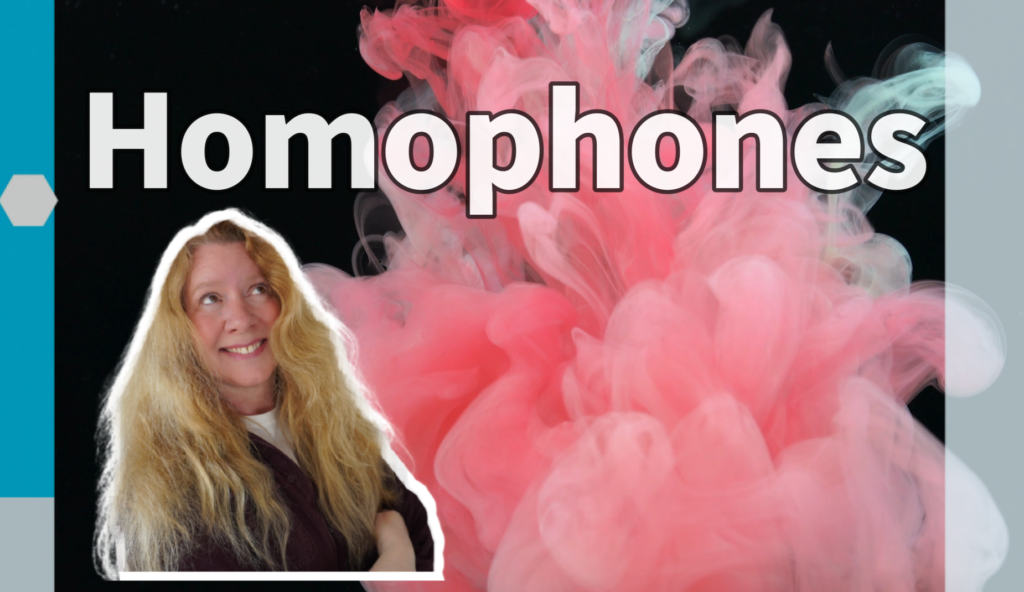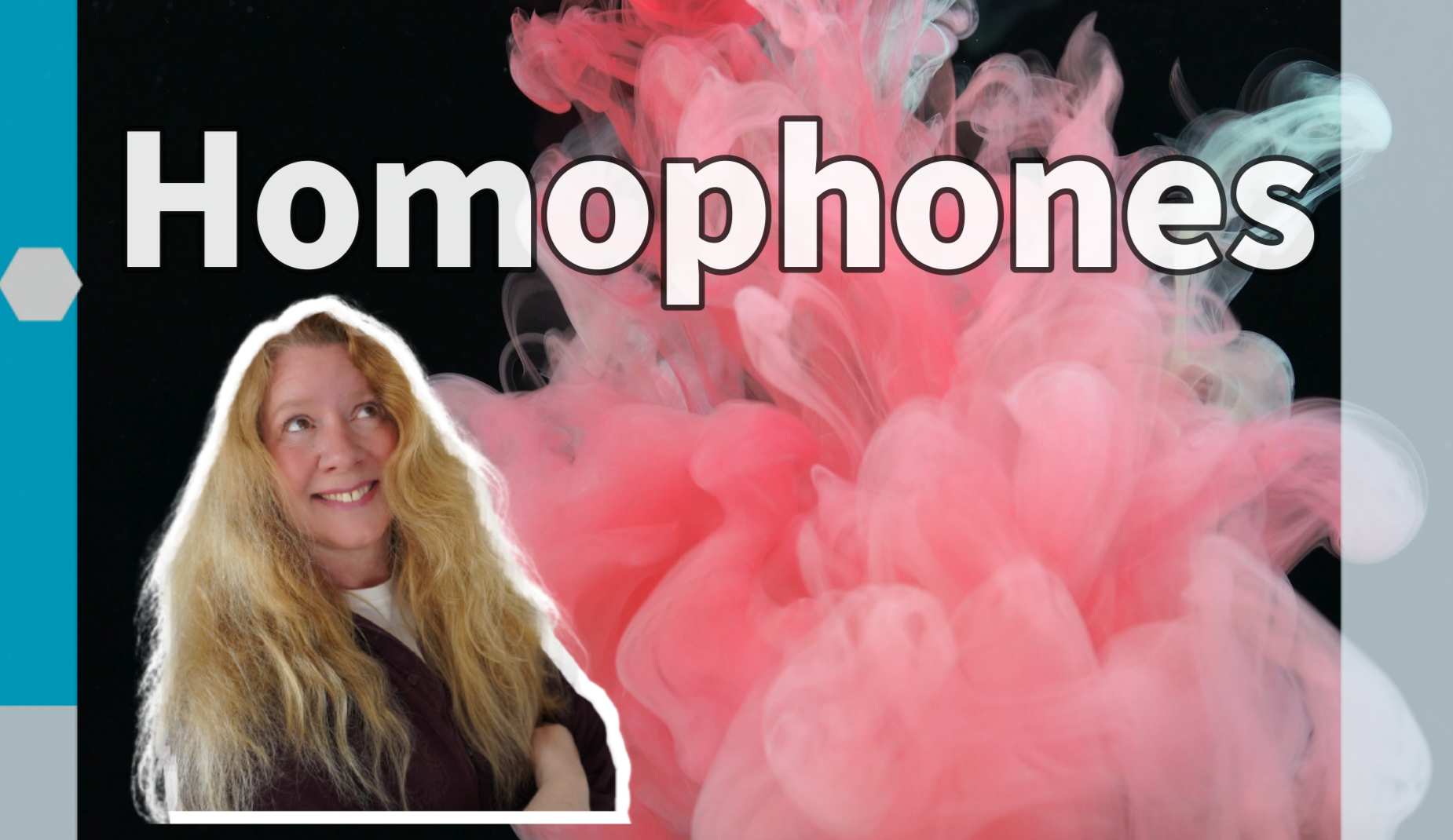20 Most Common Homophones

Homophones make learning English difficult and even native speakers get them wrong sometimes. The best way to learn these is to read as much as possible and make notes when you see them. Let’s look at twenty of the most common homophones.
brake/break: You need to hit the brake in time, so you won’t break the side mirror.
cell/sell: If you sell illegal drugs, you will get arrested and end up in a cell.
cent/scent: I won’t spend one cent on a bottle of cologne on him until I know he loves the scent.
die/dye: If you accidentally drank a bottle of hair dye, you might die.
flour/flower: I spilled flour on the flower.
for/four: I purchased four cans of dog food for my dog.
heal/heel: If the heel breaks on your shoe, you might fall injuries will heal over time.
hear/here: I wanted to sit here so I could hear the music.
hour/our: We have an hour before our parents get home.
idle/idol: Being idle makes me unhappy, but listening to my idol sing cheers me up.
knight/night: The knight is on his way to the castle, but hates traveling at night.
knot/not: I do not know how he learned to tie a knot.
poor/pour: I pour drinks at a bar every night, because I am poor and need the money.
right/write: There is no right way to write an apology letter.
sea/see: I love to go to the beach and see the sea.
sole/soul: I need to get a new sole put on my favorite pair of running shoes, because jogging is in my soul.
son/sun: My son likes to spend time outside in the sun.
steal/steel: A person who decides to steal a car made of steel is crazy.
tail/tale: There was dog chasing its tail in the fairy tale.
weather/whether: I don’t know whether to bring an umbrella or not. The weather looks unpredictable today.
Frequently Confused Homophones
There are several homophones in the English language that almost everyone gets confused at some point. Here are the most common ones people get wrong:
accept/except: Accept is a verb that means to take or receive. Except is used as a preposition or conjunction to mean but or exclude.
affect/effect: Affect is a verb (in most cases) and indicates influence. Effect is a noun (in most cases) and is the result of an action or change.
compliment/complement: Compliment means to say something nice about someone or something. Complement means something that enhances or completes.
to/too: To can be a preposition or infinitive when used with a verb. Too is an adverb or a synonym for also.
you’re/your: You’re is a contraction for you are. ‘Your’ is a pronoun.






